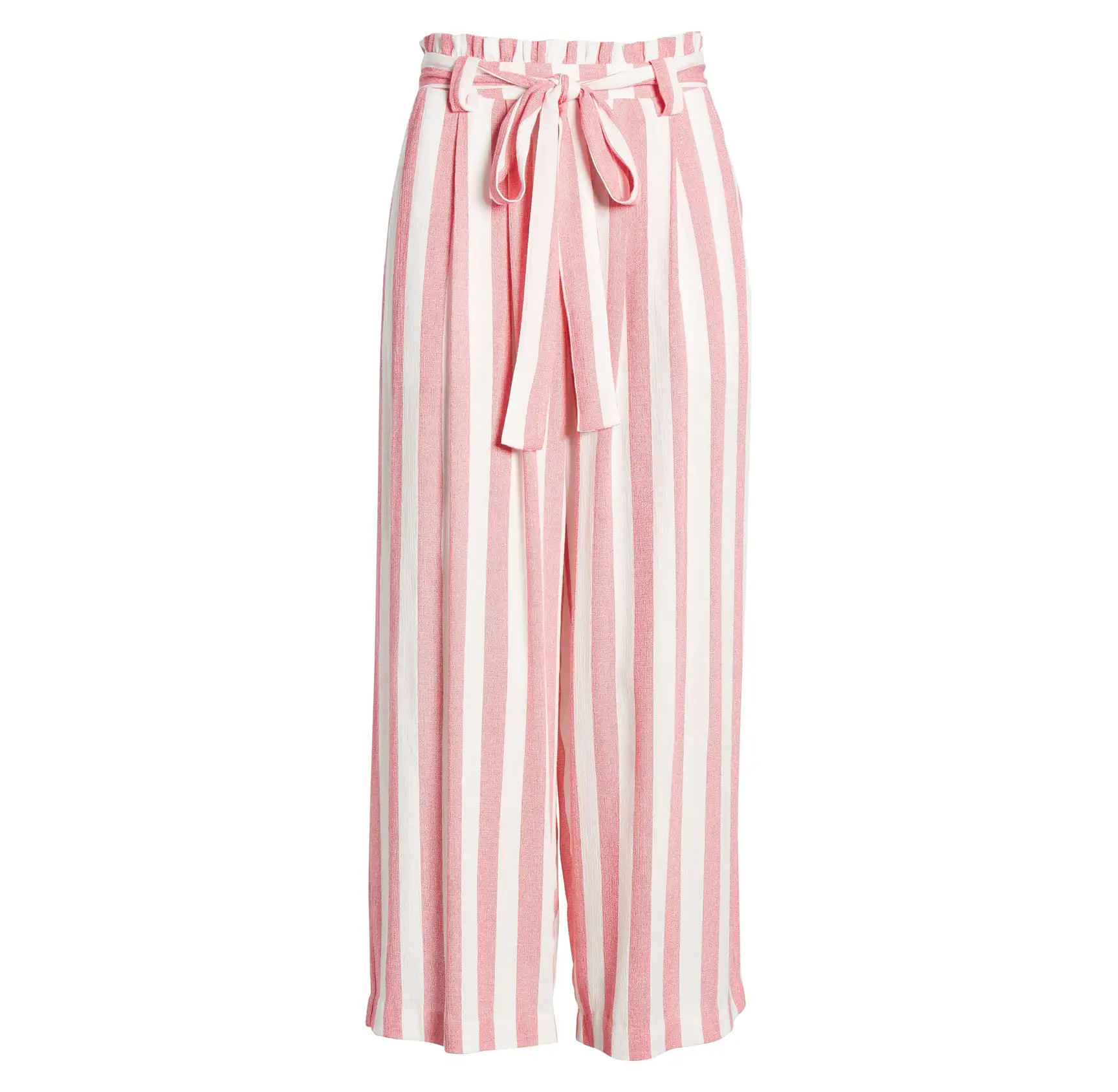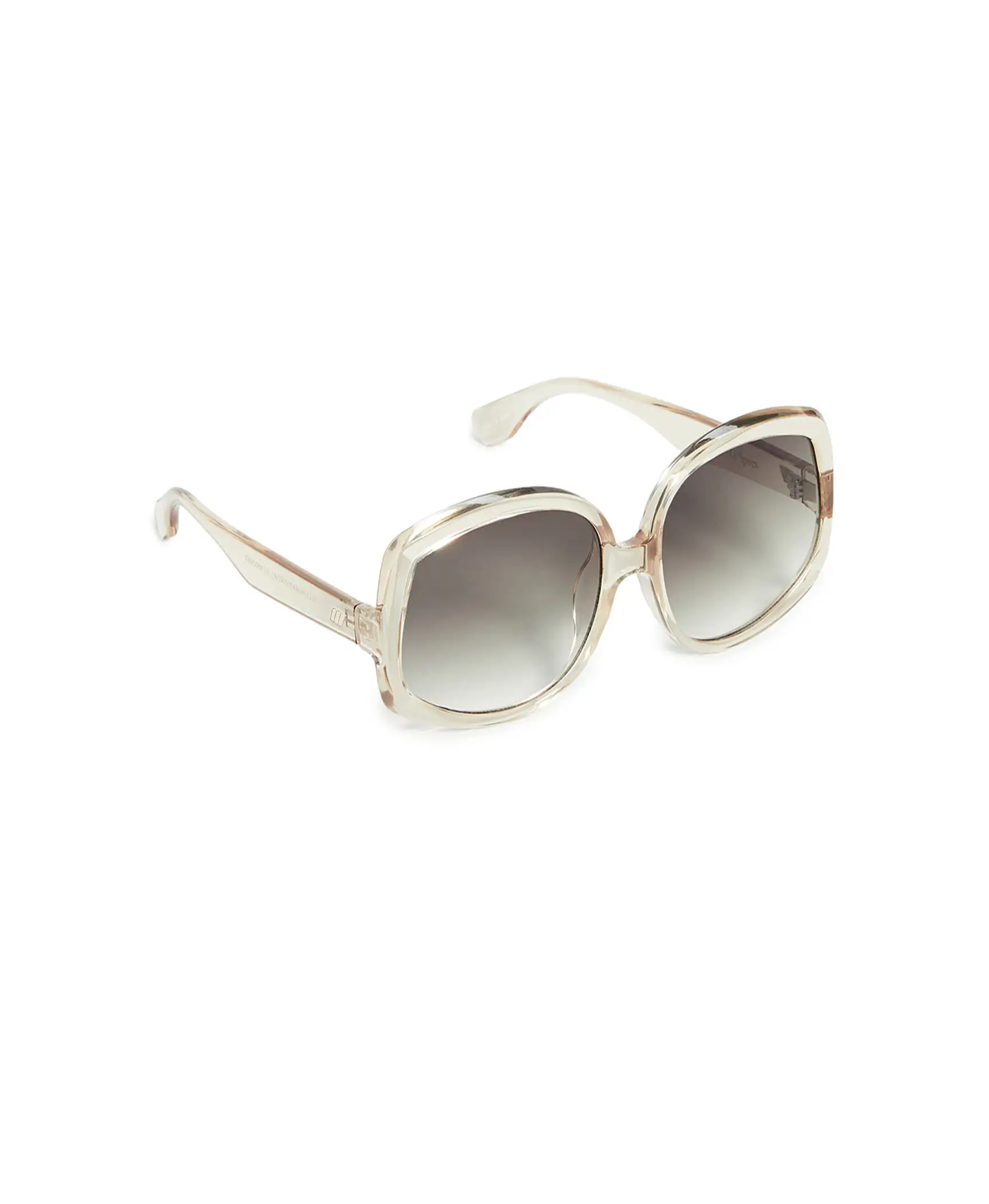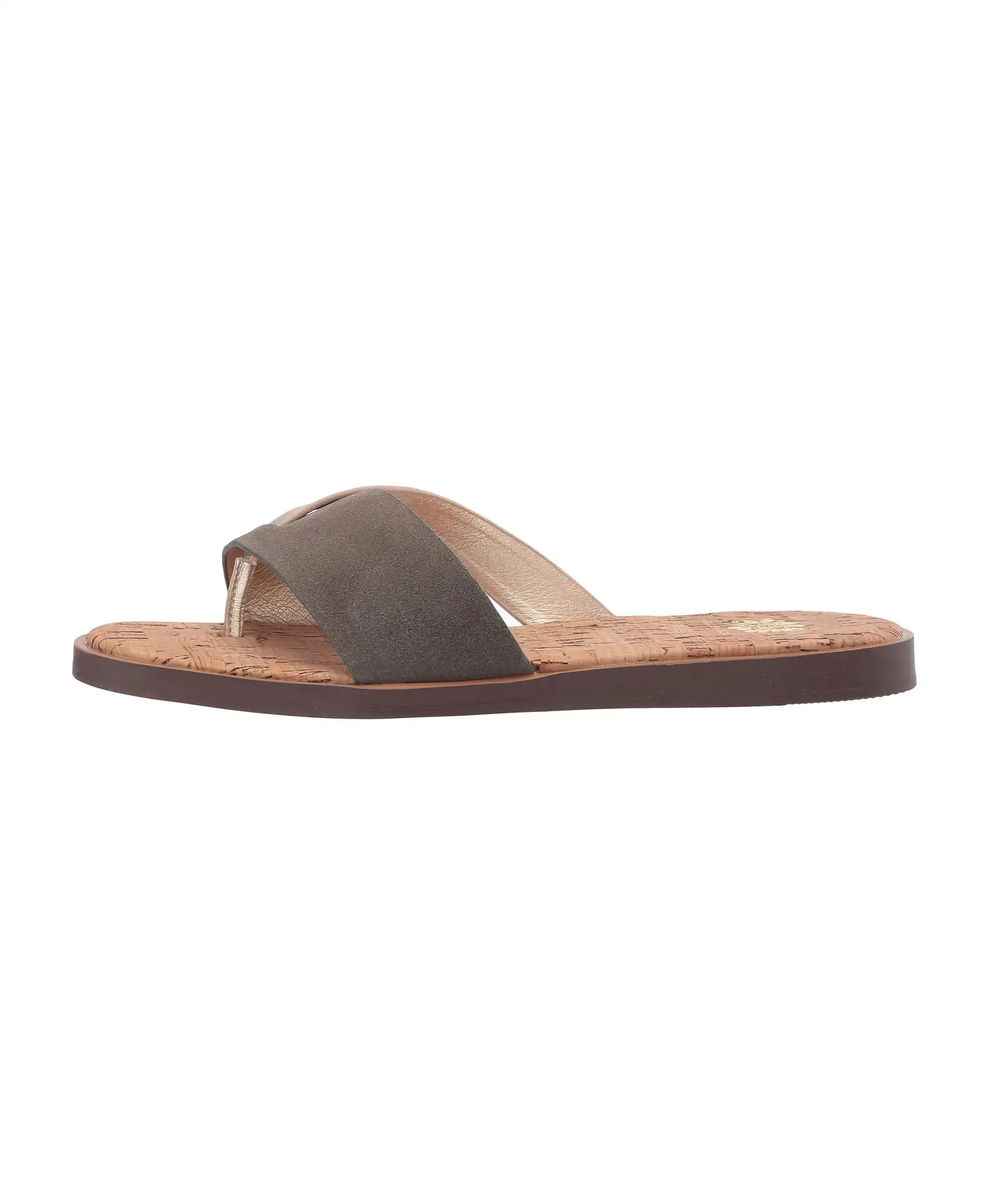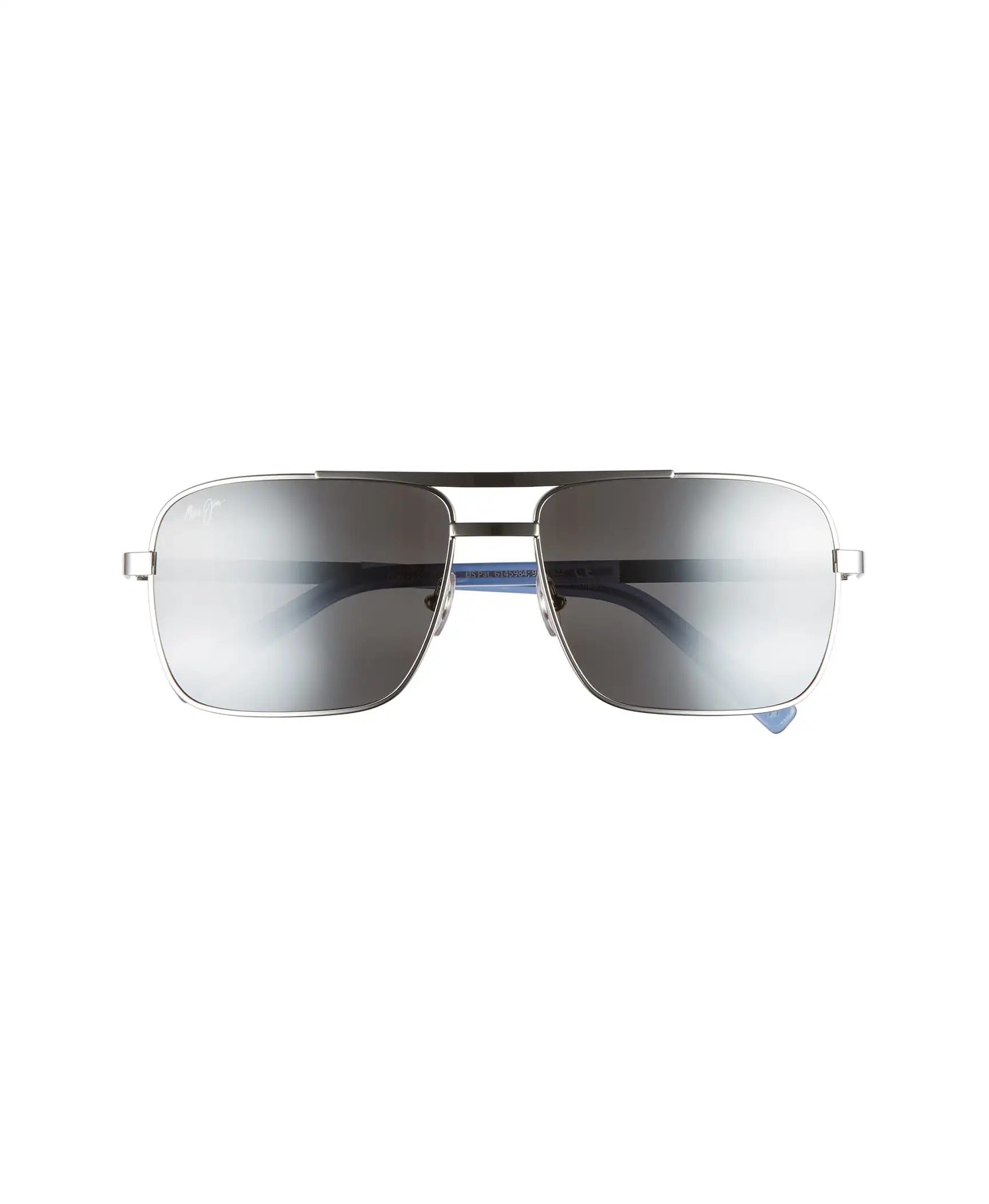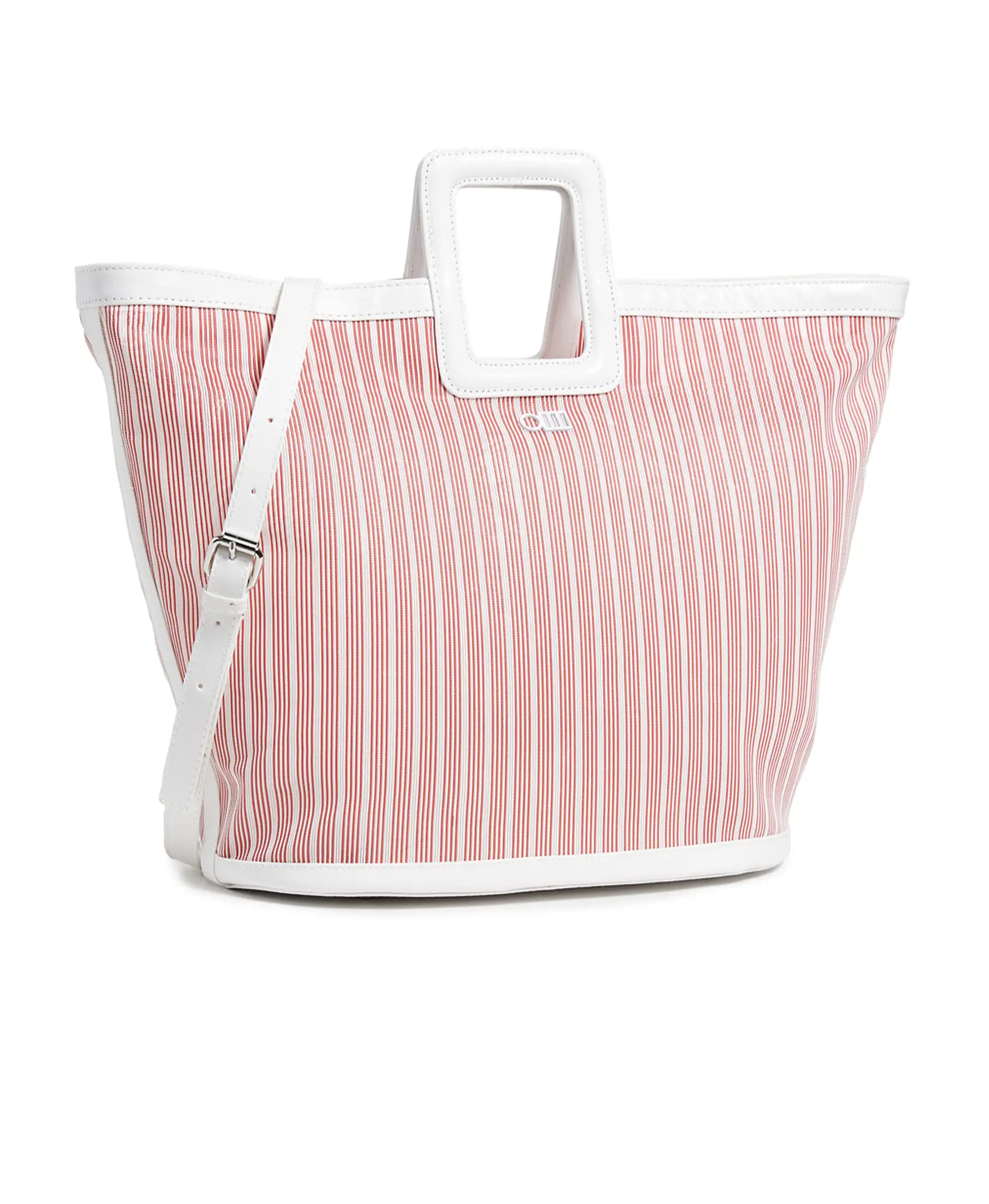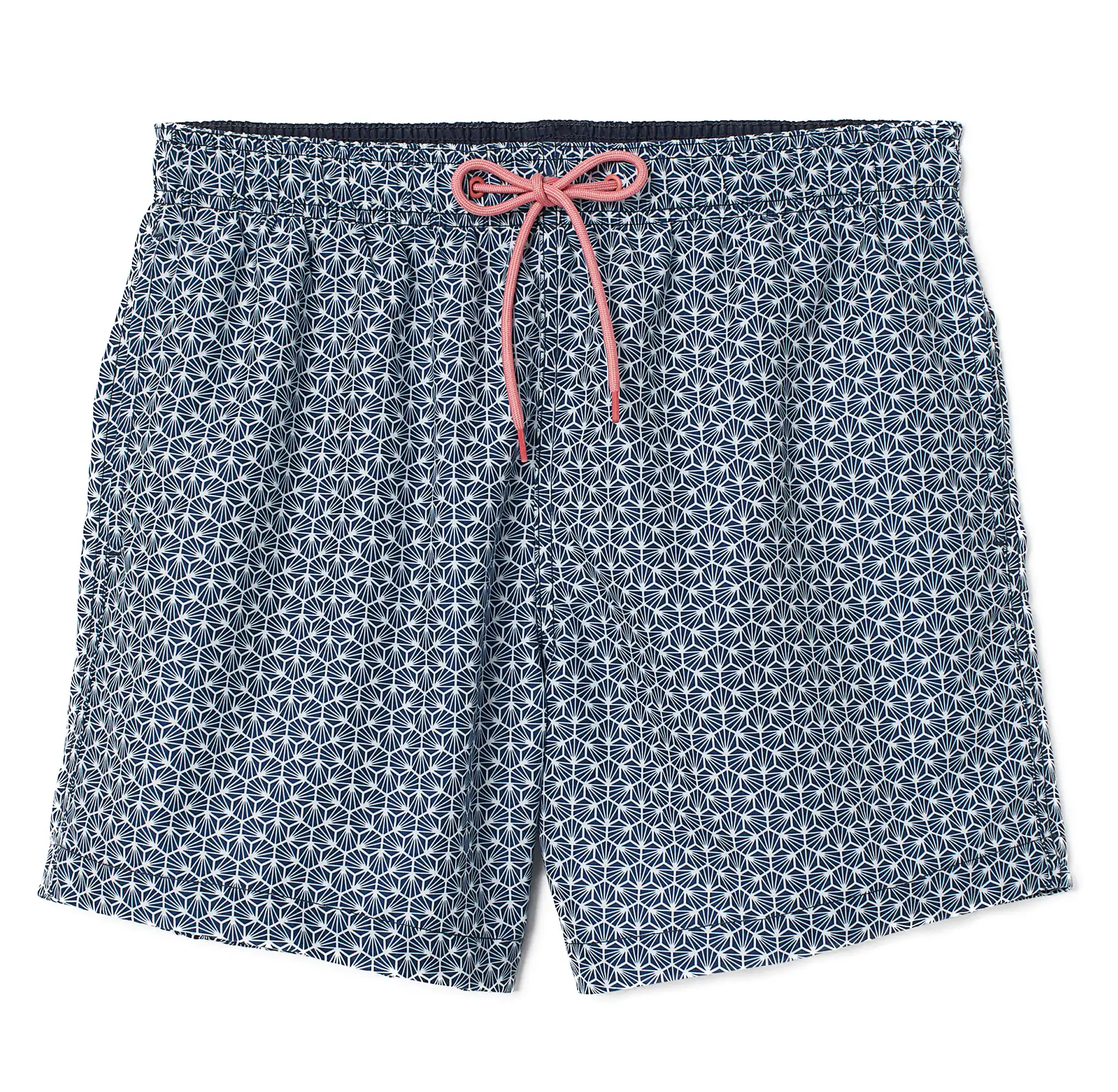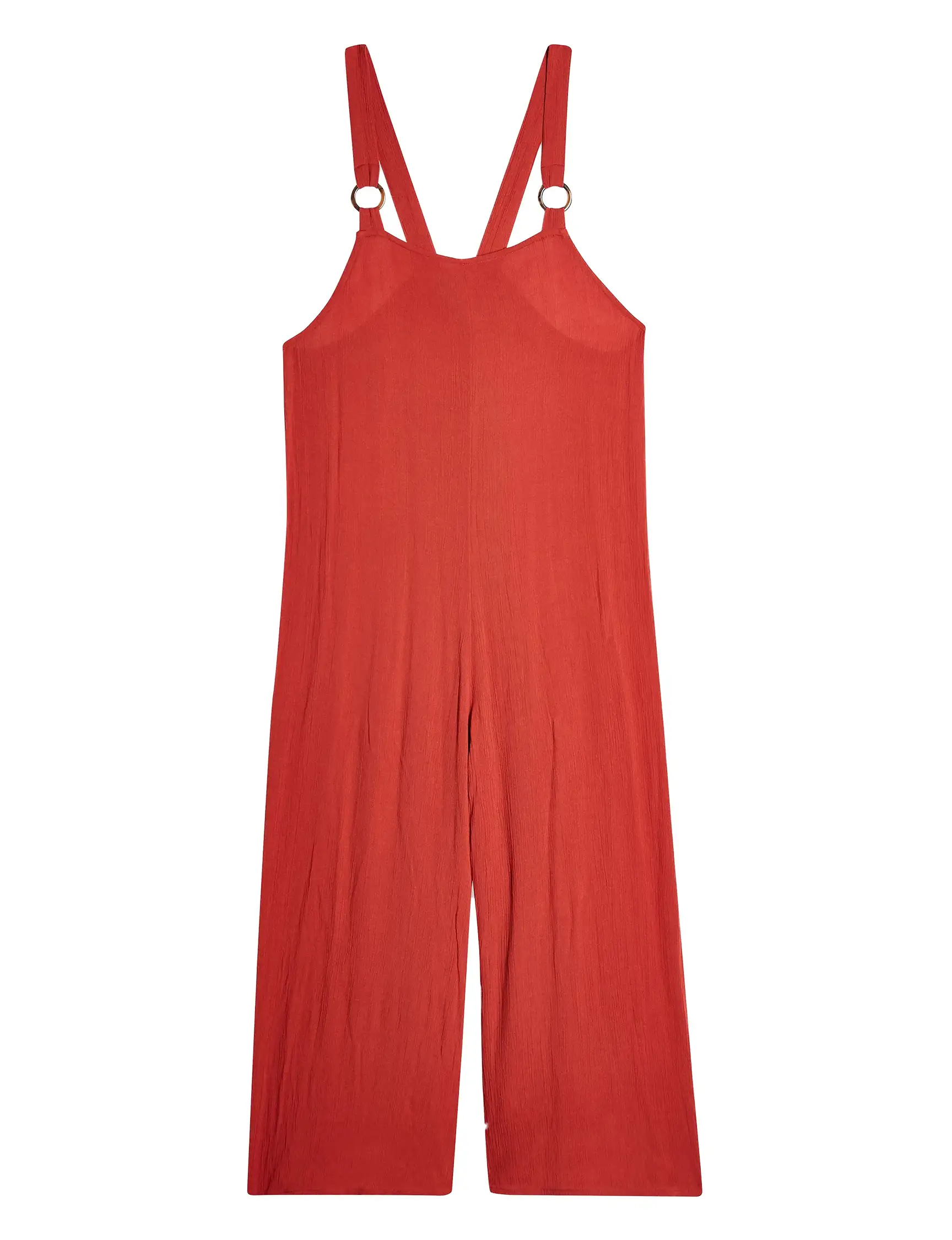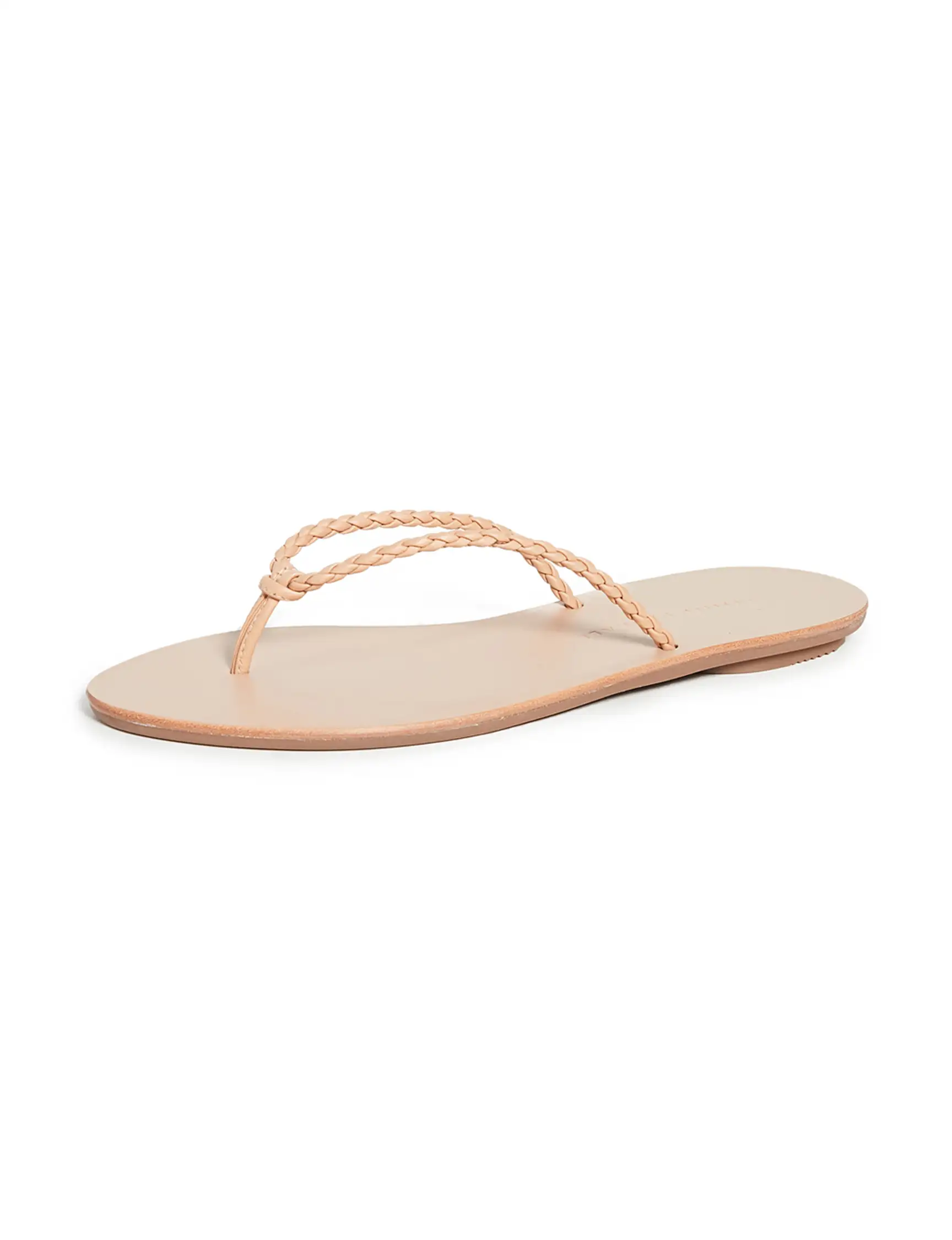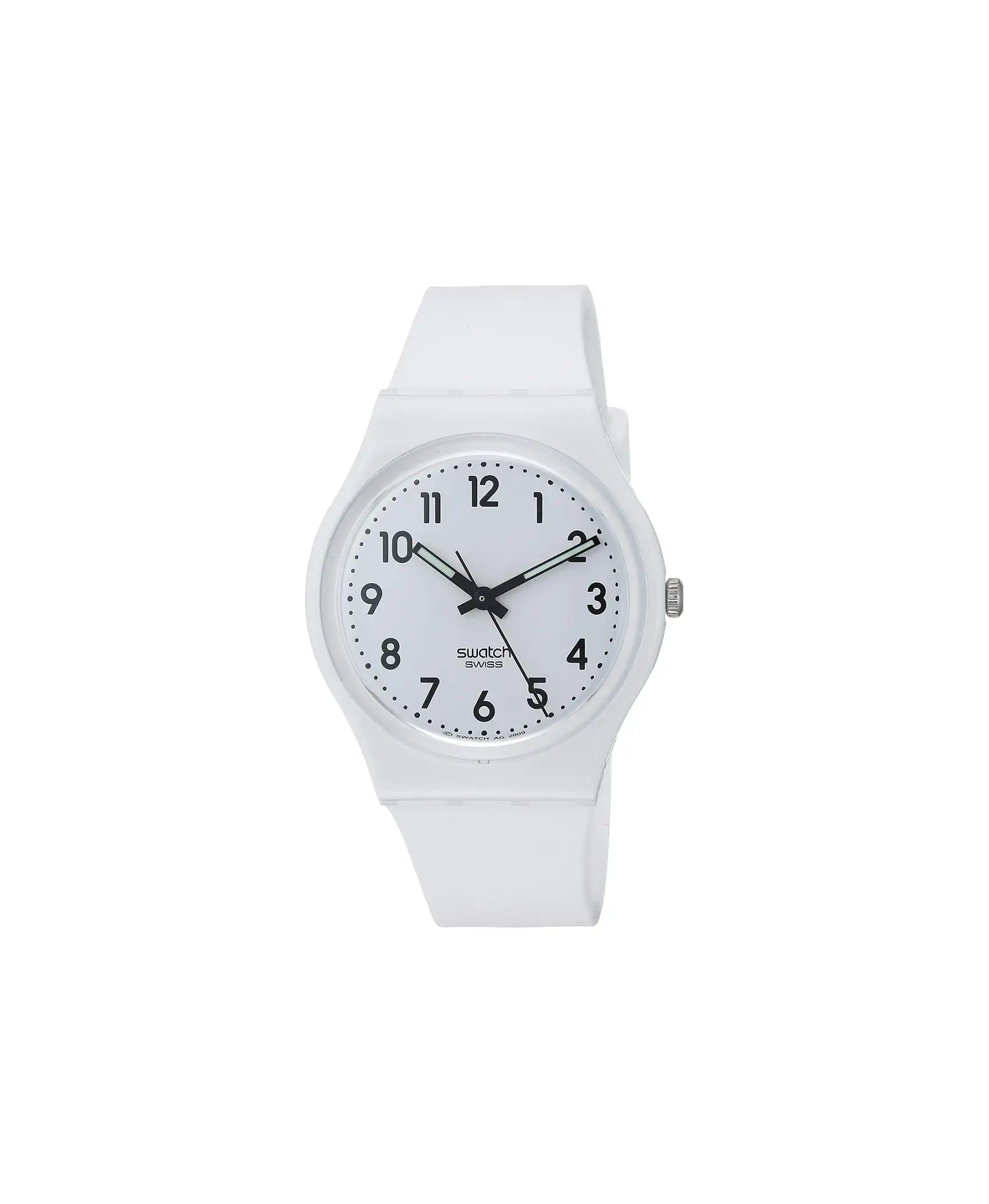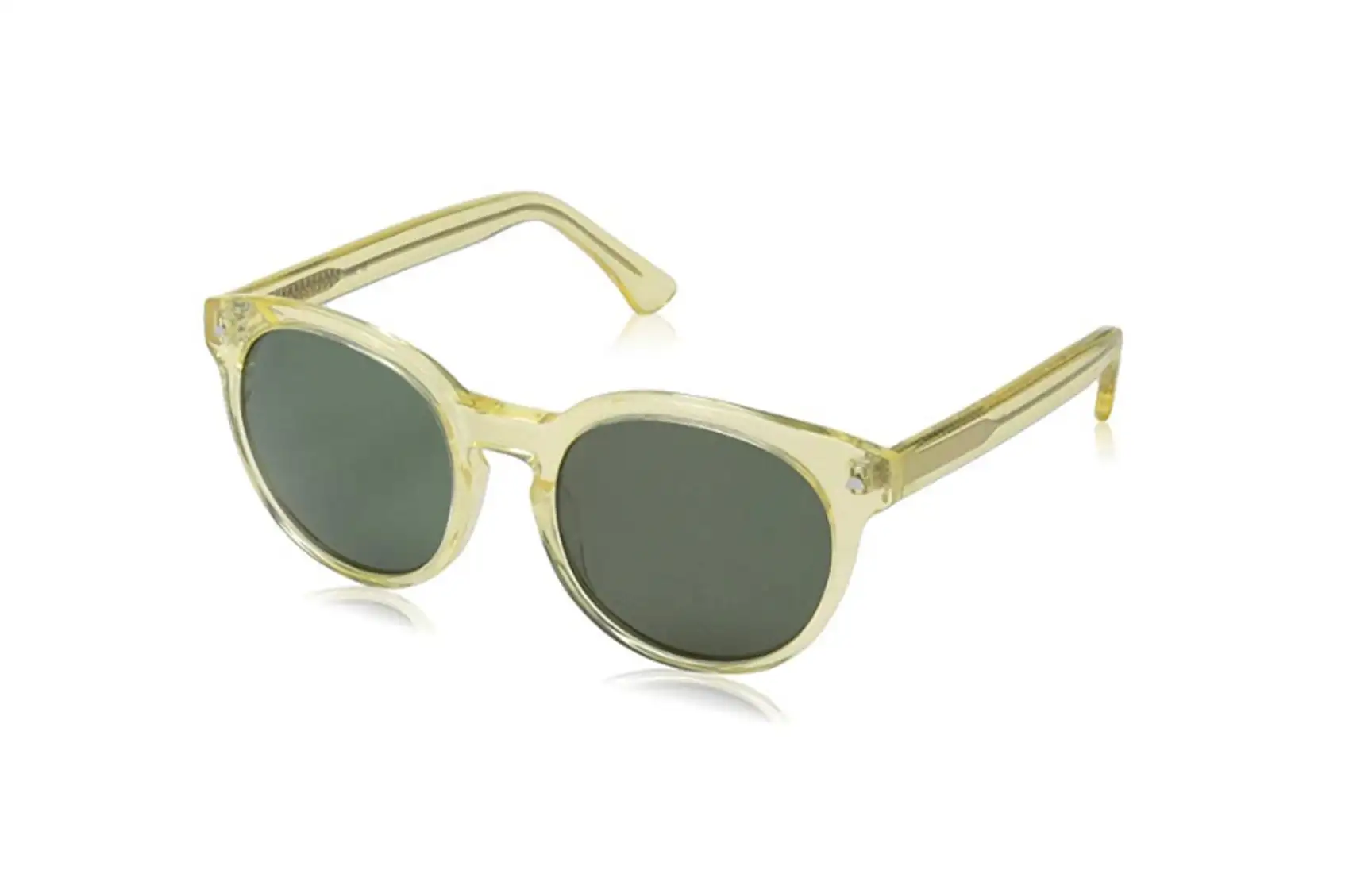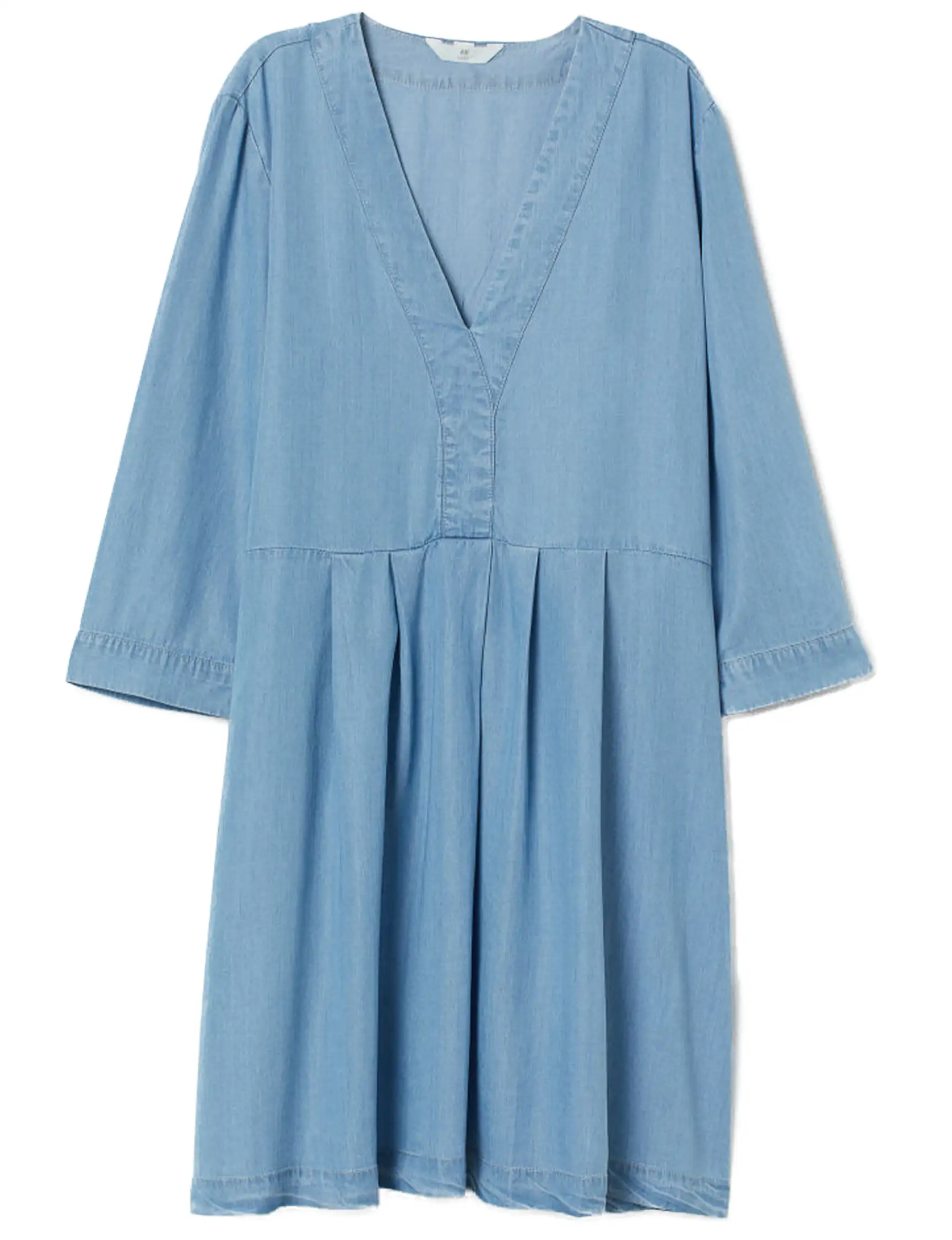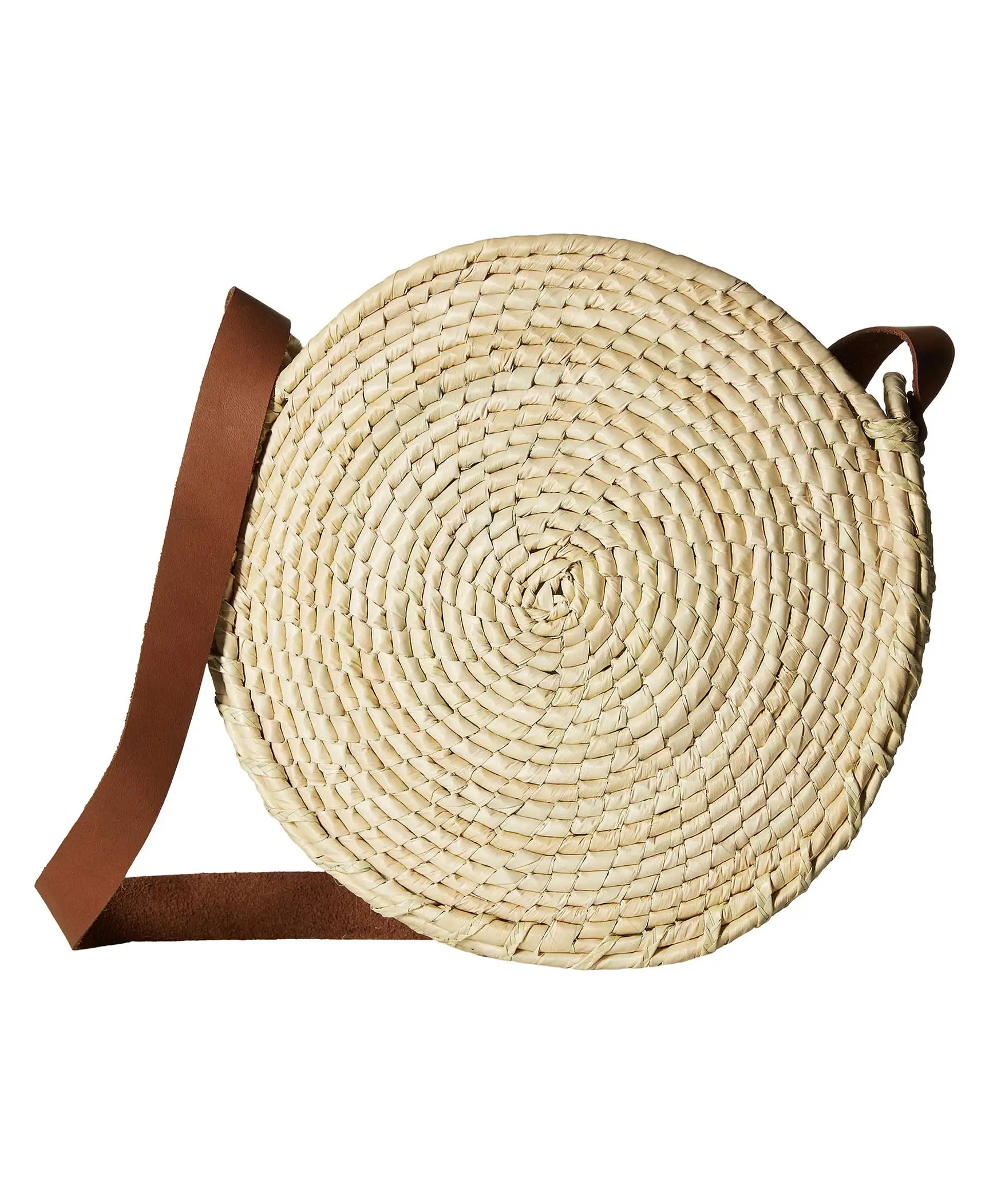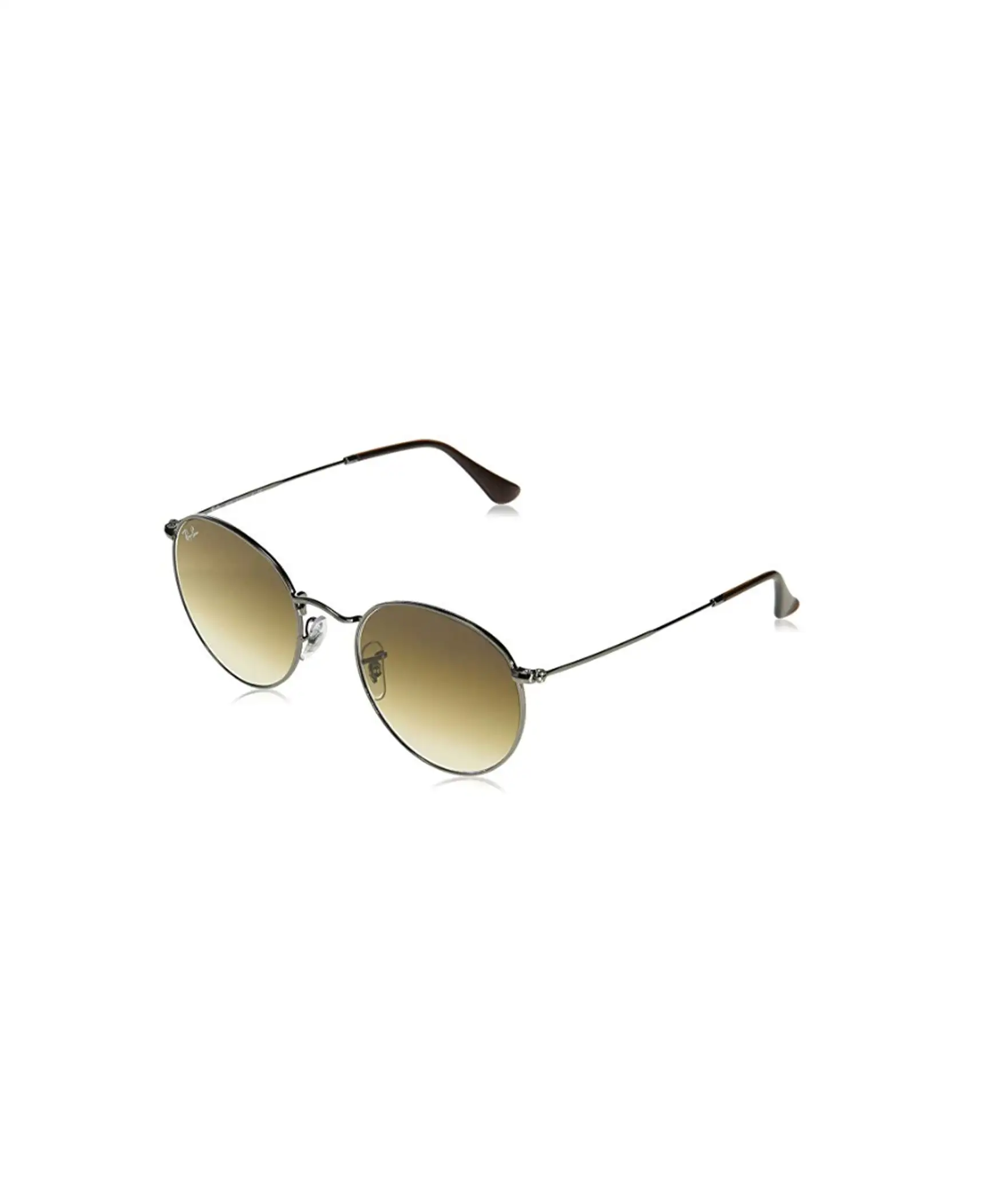If you know what you’re doing, cruising can be an enriching form of travel. But plenty of people swear off the big ships because of some terrible experience that ruined their first time out. To prevent yourself from becoming yet another cruise hater, take note of these rookie mistakes—and don’t make them.
You Book a Same-Day Flight
We know, you’re trying to minimize time away from work by booking a flight for the same day your cruise pushes off. Even if you’re dealing with a neck-breathing boss who side-eyes your every minute away, don’t do it. There’s a decent chance you’ll lose your whole vacation if your flight is delayed or your checked luggage doesn’t make it to your arrival airport at the same time you do.
Try to arrive a day before your cruise is scheduled to depart. Book a hotel near your embarkation point, spend that extra time sightseeing, and give yourself lots of time to get to the pier.
Once your itinerary’s under way, don’t dilly-dally on shore, either. It’s easy to get carried away in a new place, but get back to that boat on time or you’ll be stuck. “The ship sails if you’re onboard or not,” points out Nancy Porter, a travel manager for Global Connections. “On small islands with few roads, rush-hour traffic can delay you unexpectedly. I’ve seen many people miss their cruise because of it.”
You Overpack—or Underpack
If you decide to stuff your suitcase to the point of barely being able to zip it, you’ll suffer each time you have to reach in there—and forget about being able to comfortably bring home souvenirs.
Still, you’ll want to bring everything you need. If you decide to leave the following things at home, your trip could be worse for it: a passport, in case you have to fly home from a different country; prescription medicine; sea bands or behind-the-ear patches for seasickness (most boats’ medical centers sell these but keep limited hours); and toiletries like conditioner—your cabin may only have shampoo and a bar of soap. To make sure you don’t forget anything, see The Ultimate Cruise Packing List: What to Pack for a Cruise.
And pack a carry-on, since your checked luggage might not find you until hours after the bon voyage horn blows.
You Don’t Pre-Book Shore Excursions
If you know you really want to do a specific shore excursion offered by your cruise line, don’t take the risk of waiting to book it. Sign up before your departure date.
You can also plan your own shore excursions. “Don’t blindly buy shore excursions from the ship,” advises Dena Roche, creator of The Travel Diet. “They’re often overcrowded, overpriced, and bland. Instead, do some research and find private guides so that you can do exactly what you want to do. Jump on message boards to find people who’ll be on your cruise if you want to lower costs by creating a small group to do your tour.”
Other cruise activities worth booking before you board include spa treatments—popular ones book up—and reservations for the ship’s specialty restaurants.
You Choose the Wrong Type of Cruise
If you haven’t thought through what type of cruise experience you want, you’re not ready to book. Are you into relaxing? Partying? Cultural experiences? Family time? Your answer should inform which company you go with, what boat you should be on, and when you should go.
“It starts with the ship,” Roche says. “If you want culture and history, don’t book the party line. If you don’t like to dress up, don’t pick the ship that has black-tie nights. Know yourself and pick your cruise line according to your personality.”
Rebecca Brooks, who co-founded Alter Agents, a research firm that represents cruise lines, adds: “The worst mistake a vacationer can make is focusing only on itinerary when booking a cruise. Itinerary matters, but don’t assume all boats are the same. Sure, you love kids, but do you want to be on a boat that caters to families if you’re traveling with adults? Are the room layouts, dining options, and amenities appealing to you? Did an entertainment experience entice you to a certain cruise line? Make sure it’s offered on your specific boat.”
Timing matters, too. If you’d rather not be surrounded by kids, avoid summer and holiday cruises, when a third of passengers can be children. Three-night cruises to warm-weather destinations like Mexico and the Caribbean tend to attract 20-somethings looking for a party, but shorter cruises in Europe and Asia won’t have the same wild vibe.
You Opt for Price Over Weather
It’s tempting to cruise the Caribbean between September and early December since the prices are so low. They’re that way for a reason—it’s hurricane season, and there’s a decent chance you’ll get poured on. Fares to Europe are similarly enticing during winter, but you’ll have to endure cold weather and rough seas.
As for cruising Alaska, if you book for two alluringly affordable months—May and September—come prepared for snow and mud, and be willing to do your excursions in strong rain.
You Dine Recklessly
Cruises are notorious for offering food that sickens travelers. In fact, a common first question doctors have for gastroenteritis patients is: “Did you eat at a buffet?” That’s because if you consume food that’s been left out too long, or lingered over by too many people, you could be on a date with the norovirus.
Since there are few sensations worse than being ill or uncomfortable at sea, take precautions: If any food item looks or tastes at all funny, ditch it. Don’t approach all-you-can-eat buffets as a challenge, or make too many friends at the bar. Drink enough water to stay hydrated. Get out on deck enough to breathe the salty air. And apply sunscreen.
You Don’t Budget for Added Expenses
If you’ve decided that your full budget for your cruise is what you’ve paid to get onboard, you’ve set yourself up for trouble. For those on a strict vacation budget, it’s easy to get lured in by what seems to be an impossibly low price. Once you’re onboard, that’s where they get you.
Unless you’re on a fancier cruise line—in which case you wouldn’t have paid a basement rate anyway—plan to shell out for all your alcohol, anything you drink in your cabin (Bottled water? Four bucks, please), shore excursions, fitness classes, spa treatments, and internet access, which can cost hundreds and not even work very well. Also budget for off-the-ship expenses like food, souvenirs, and services when you’re in port.
You Don’t Consider Travel Insurance
Sometimes buying travel insurance is a foolish decision. But sometimes it’d be foolish not to buy. People who deal with chronic illness, or whose health is otherwise sensitive, would do well to think this one through.
“Finding oneself in a foreign land with an unfamiliar medical system is very inconvenient and can be dangerous,” says William Brady, an ER professor at the University of Virginia and the medical director of Allianz Global Assistance. “A good medical travel insurance policy can help you find a doctor or decide which hospital to go to based on your symptoms, and cover emergency medical care and evacuation.”
You can also buy insurance to protect you in case of any other type of catastrophe, including cancellation, a missed connection, lost or delayed baggage, or a dental or legal problem.
Don’t feel confined to buying the insurance your cruise is selling, either. “Most travelers don’t know that they have a choice, and therefore buy the insurance plan relegated to a small checkbox during the booking process,” says Sharon Mostyn, a spokesperson for RoamRight. “Travelers who’ve done that assume they’ll be covered for anything—after all, they just paid for insurance.
However, when it comes time to file a claim, people who bought directly from the cruise line may be disappointed. Trip-cancellation coverage benefits may not be paid out as a monetary value, and medical coverage may be lacking. Coverage may also be limited to the cruise itself—what about airfare or hotel stays? These are expenses that should be covered by a good travel insurance policy.”
You Bring Work Onboard
Vacations are for vacationing. Deciding to bring work along immediately reduces the value of your cruise trip—for you and your travel companions, who are likely to roll their eyes as you crack open the laptop. Decide that you’re going to relax your brain, unplug from work, and save that chunk of money that you’d have spent on Wi-Fi that barely works in the middle of the ocean.
“One thing I tell my clients,” says Anthony Klang, a certified master cruise counselor with Cruise Planners, “is that it’s best not to overplan. Enjoy some unscheduled time in port. Leave time for wandering about the ship. Take in the sunset.”
What to Wear on a Cruise
More from SmarterTravel:
- 8 Things You Should Never Do in a Hotel
- The 8 Worst Travel Decisions You Can Make on Vacation
- 5 Exotic Places You Can Go Without a Passport
Avital Andrews also covers travel for the Los Angeles Times, Sierra, Outside, and the Huffington Post. Follow her on Twitter @avitalb.
Editor’s note: This story was originally published in 2015. It has been updated to reflect the most current information.
We hand-pick everything we recommend and select items through testing and reviews. Some products are sent to us free of charge with no incentive to offer a favorable review. We offer our unbiased opinions and do not accept compensation to review products. All items are in stock and prices are accurate at the time of publication. If you buy something through our links, we may earn a commission.
Related
Top Fares From
Today's Top Travel Deals
Brought to you by ShermansTravel
Kenya: 14-Night Tour, Incl. Tanzania &...
smarTours
 vacation
$7125+
vacation
$7125+
7-Night Caribbean Round-Trip Cruise From Orlando:...
Norwegian Cruise Line
 cruise
$739+
cruise
$739+
Ohio: Daily Car Rentals from Cincinnati
85OFF.com
 Car Rental
$19+
Car Rental
$19+


